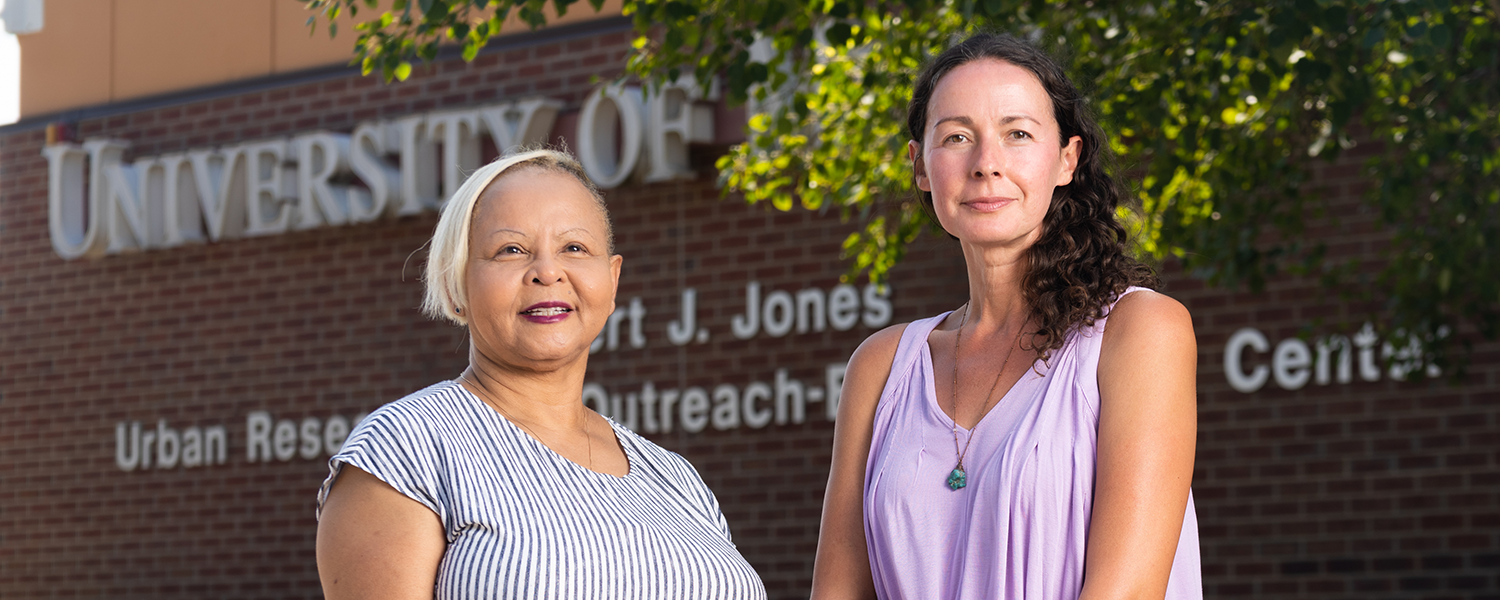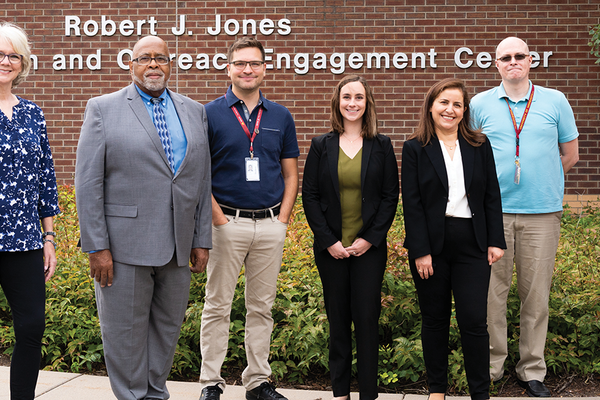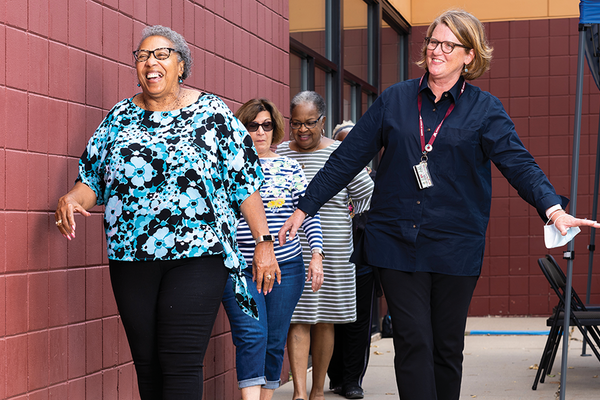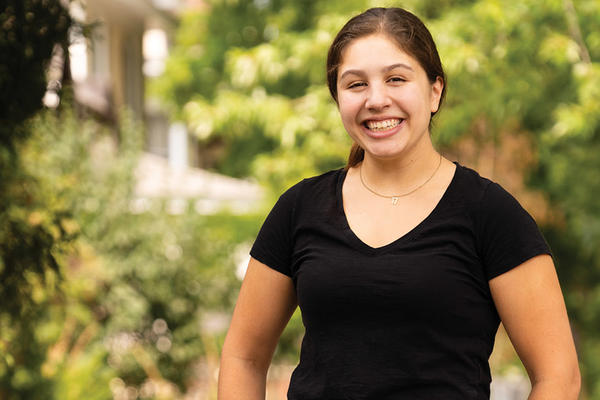Disrupting patterns with healing circles
Grounded in culture and history, the intervention addresses African American intergenerational trauma
November 3, 2021

Yolonde Adams-Lee and Sarah Hoffman were awarded a CTSI grant for Addressing symptoms of community and intergenerational violence in North Minneapolis: Feasibility pilot of the Intergenerational Healing Circle Intervention.
Community and University experts are collaborating to utilize an intervention grounded in culture and history to engender healing due to historical trauma experienced and re-experienced through racism and inequity.
Yolonde Adams-Lee, MA (addiction counseling), MS (professional counseling), LISW, of Lighten Your Load Counseling, and Sarah Hoffman, PhD, MPH, RN, School of Nursing assistant professor, were recently awarded a community health collaborative pilot grant from the Clinical and Translational Science Institute for Addressing symptoms of community and intergenerational violence in North Minneapolis: Feasibility pilot of the Intergenerational Healing Circle Intervention.
Healing circles intervention
The healing circles intervention is an eight-month, strengths-focused preventive group intervention. It incorporates evidence-based resilience constructs adapted from the African American Wellness Model. The intervention provides space to process wellbeing and resilience, as well as behaviors and barriers that trigger or exacerbate unresolved historical traumas specific to African American communities.
“The birth of intergenerational healing circles came out of wanting to utilize a healing tradition to break patterns we see in our community,” says Adams-Lee, who is a social justice advocate and community elder in Native and African American communities. The current research builds on Adams-Lee’s work with the city of Minneapolis Green Zone Project to address the disproportionate impact of environmental and racial injustice on people of color in North Minneapolis.
Healing circle session topics include types of trauma, cultural coping with grief, parenting, chemical health, and environmental influence on health. In addition to the 15 sessions, there is an embedded referral opportunity for group participants needing additional one-on-one support.
Expanding the reach of healing circles
The collaboration between Hoffman, whose research focus is intergenerational trauma, and Adams-Lee began when Adams-Lee sought to expand the reach of the healing circles. One component of their work together has been organizing the expertise and wisdom Adams-Lee used to facilitate group sessions into a program with structured curriculum.
“The feedback from the community has been incredibly powerful in terms of the effectiveness of her work,” says Hoffman. “We view the research as an opportunity to formalize and evaluate the work in a way that will facilitate its dissemination.”
Through qualitative assessments they will examine initial impact on coping and resilience strategies, and triggering symptoms experienced in response to community violence and racial inequity. These assessments will be used to guide quantitative evaluation strategies in future phases of the project.
Eventually, they anticipate disseminating the curriculum so that it can be utilized nationwide.
“We want to go farther and deeper and determine what works best to heal and to provide preventions ahead of time for folks in the community to break toxic cycles,” says Adams-Lee.


